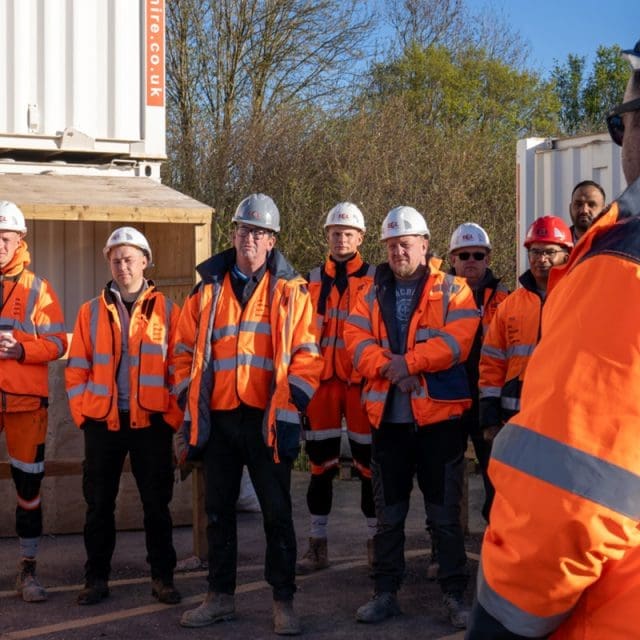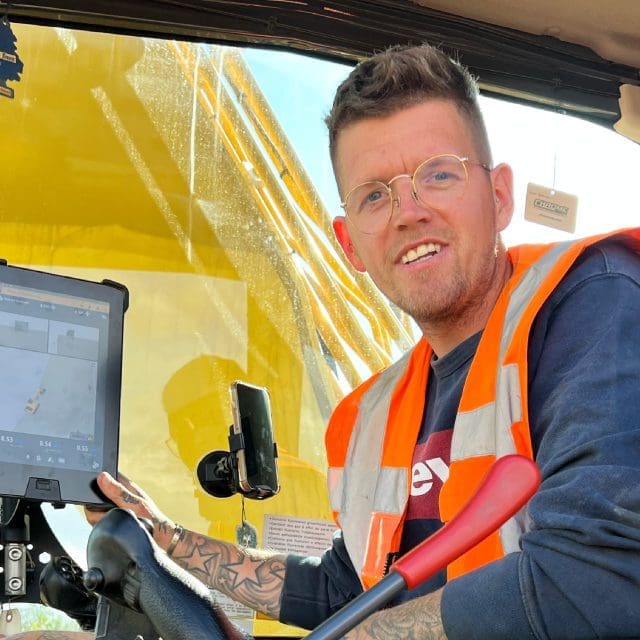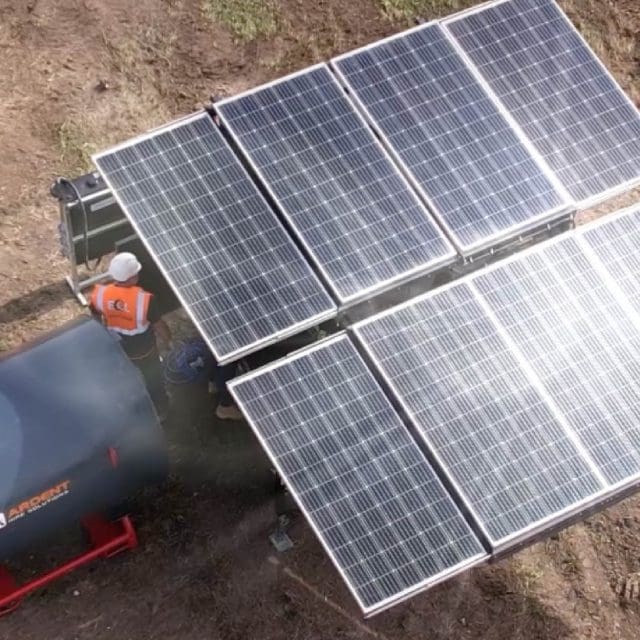How we’re doing our part in combatting the global climate crisis
Unfortunately, construction as a whole is having a negative impact on the global environment, and it needs to be managed responsibly now.
Climate change already has visible effects: the world is warming, rainfall patterns have changed, and sea levels are rising. It is evident that unless we radically reduce our direct contribution to climate change and play our part in limiting global warming, we will all experience dramatic changes in our lives.
We are focusing not only on reducing emissions by 2035 but also on meeting the UK government’s ambition of achieving Net Zero.
Our business is invested in driving down its carbon footprint. Early last year, we recruited an external company to officially calculate and monitor the company’s carbon emissions and ensure that our efforts to reduce emissions improve year on year.
Our objective is to improve performance by continually measuring our footprint and seeking new ways to reduce our impact through;
The further modernisation of our plant fleet
Adapting to recycled energy
Low CO2 construction methods
By recycling materials and purchasing recycled materials
By sourcing local materials through our supply chain network to reduce transportation distances
By exploring the viability of investing in verified carbon reduction projects to offset our emissions
CORPORATE CARBON FOOTPRINT REPORT
We aim to have a Net Zero carbon footprint by 2035, exceeding the UK government’s ambition. Having already cut our emissions by 25% since 2020, we are well on the way to reaching this target.
Our Corporate Carbon Footprint Report (CCF) discloses annual emission calculations for the business so we can fully understand our carbon usage and emission hot spots.
This information gives us the greatest potential for avoidance and reduction measures. It enables us to monitor our progress against our carbon targets whilst allowing us to be fully transparent about the outcomes we deliver for our clients, our team and the planet.
OUR CARBON REDUCTION PLAN
In this plan, ECL has outlined its carbon commitment as a conscientious business. We have and will continue to invest in improving our corporate carbon footprint to do our part in slowing down the effects of global warming.



